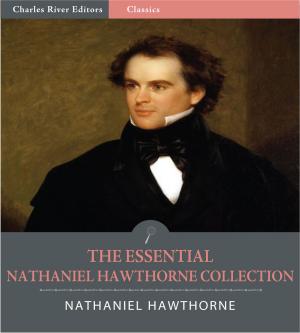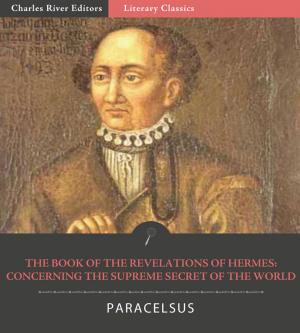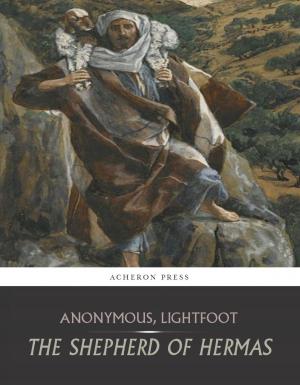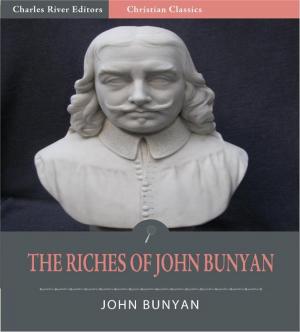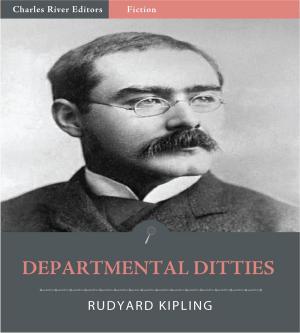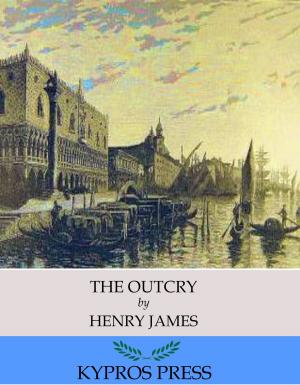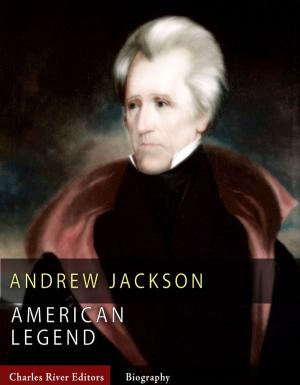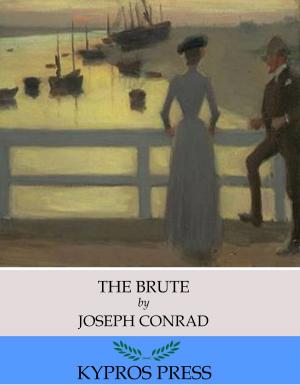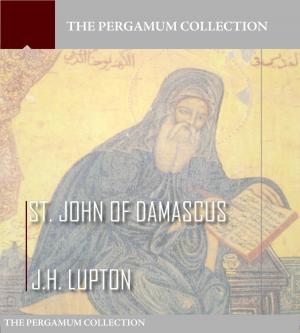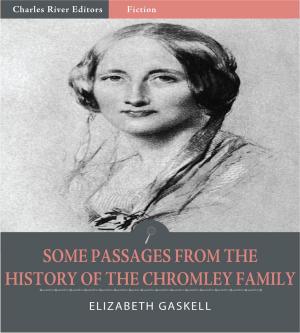The Classic Works of Virgil: The Aeneid, The Eclogues, and The Georgics (Illustrated Edition)
Nonfiction, History, Ancient History, Rome, Fiction & Literature, Poetry| Author: | Virgil | ISBN: | 9781619822139 |
| Publisher: | Charles River Editors | Publication: | February 17, 2012 |
| Imprint: | Language: | English |
| Author: | Virgil |
| ISBN: | 9781619822139 |
| Publisher: | Charles River Editors |
| Publication: | February 17, 2012 |
| Imprint: | |
| Language: | English |
Virgil (70-19 B.C.) needs no formal introduction, as he has long been considered Ancient Romes greatest poet and is globally renowned for The Aeneid, one of the most famous epic poems in history. Virgils other greatest works are considered to be the Eclogues (or Bucolics), and the Georgics, although several minor poems collected in the Appendix Vergiliana are also attributed to him. Similar to Homers Iliad and Odyssey, Virgils Aeneid was considered Romes national epic and legend, and it was immediately popular within the empire. It is said Virgil recited parts of it to Caesar Augustus, and its believed the epic poem was unfinished when Virgil died in 19 B.C. The works of Virgil also had a dramatic effect on other Latin poetry. The Eclogues, Georgics, and above all the Aeneid became standard texts in school curricula with which all educated Romans were familiar. In the millennium following Virgil, poets often cited his work. For example, Ovid parodies the opening lines of the Aeneid in Book 14 of the Metamorphoses, and Lucan's epic, the Bellum Civile, has been considered an anti-Virgilian epic, disposing with the divine mechanism, treating historical events, and diverging drastically from Virgilian epic practice. Even Gregory of Tours, who admired Virgil, quotes Romes poet, and Virgil famously guides Dante through Hell in the Italians great work. This edition of Virgils works includes both the original Latin version and the English version of the Aeneid, along with The Eclogues and The Georgics. It is also specially formatted with a Table of Contents and illustrated with depictions of Virgil, his life and work.
Virgil (70-19 B.C.) needs no formal introduction, as he has long been considered Ancient Romes greatest poet and is globally renowned for The Aeneid, one of the most famous epic poems in history. Virgils other greatest works are considered to be the Eclogues (or Bucolics), and the Georgics, although several minor poems collected in the Appendix Vergiliana are also attributed to him. Similar to Homers Iliad and Odyssey, Virgils Aeneid was considered Romes national epic and legend, and it was immediately popular within the empire. It is said Virgil recited parts of it to Caesar Augustus, and its believed the epic poem was unfinished when Virgil died in 19 B.C. The works of Virgil also had a dramatic effect on other Latin poetry. The Eclogues, Georgics, and above all the Aeneid became standard texts in school curricula with which all educated Romans were familiar. In the millennium following Virgil, poets often cited his work. For example, Ovid parodies the opening lines of the Aeneid in Book 14 of the Metamorphoses, and Lucan's epic, the Bellum Civile, has been considered an anti-Virgilian epic, disposing with the divine mechanism, treating historical events, and diverging drastically from Virgilian epic practice. Even Gregory of Tours, who admired Virgil, quotes Romes poet, and Virgil famously guides Dante through Hell in the Italians great work. This edition of Virgils works includes both the original Latin version and the English version of the Aeneid, along with The Eclogues and The Georgics. It is also specially formatted with a Table of Contents and illustrated with depictions of Virgil, his life and work.


